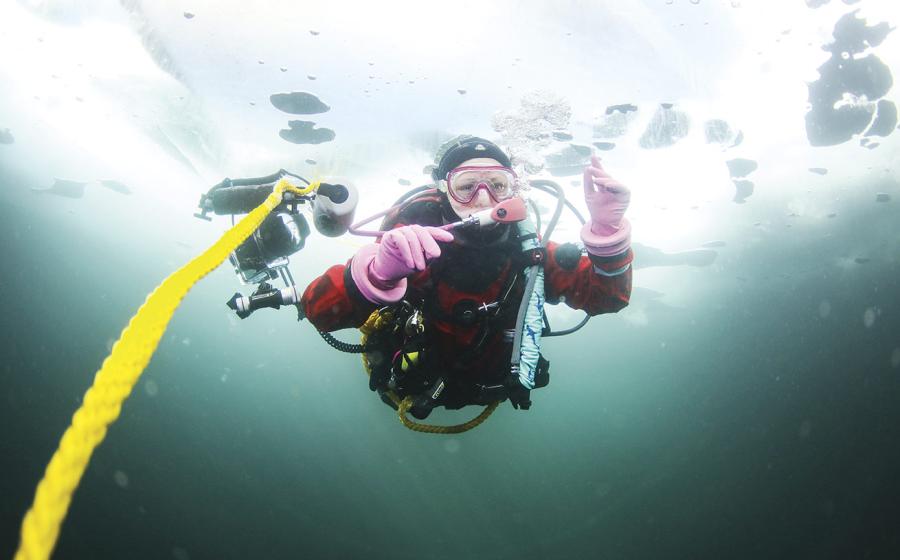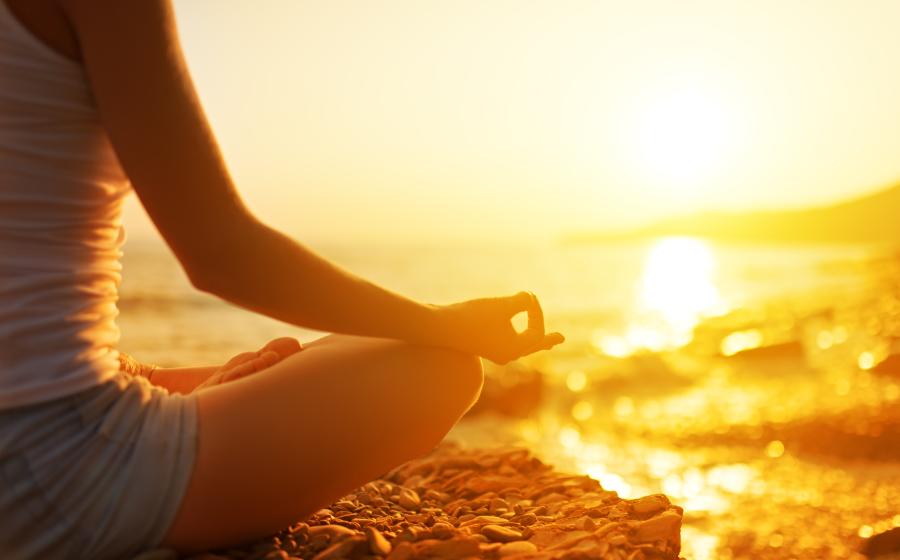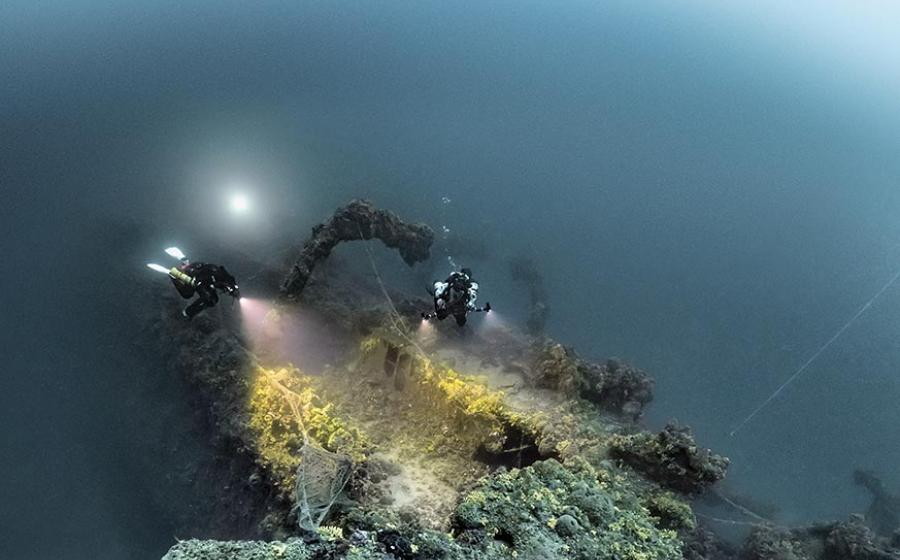Bonaire

While Cayman has its wall diving, and Cozumel its drift diving, shore diving is Bonaire's thing. Shore diving here means freedom from dive boats, schedules, crowds and rough seas. You'll find dozens of dive sites, marked by more than 60 highly visible yellow stones along the road. Rent a jeep, load your gear and some tanks, and pick a site. Shore diving is what made the island popular among divers more than 30 years ago, and today, it's what keeps divers coming back.
The island has some of the most pristine and healthiest reefs in the world, thanks to the protection afforded by its marine park. Bonaire's marine park authority, STINAPA, strictly enforces marine park rules, including no anchoring, no spearfishing and no gloves.
Bonaire's boomerang shape creates a calm leeward side, though the sites farther north or south of Kralendijk are more challenging. Typically, Bonaire's small beaches continue under water in a sandy plain dotted with a few corals that slopes down to 30 feet. The reef drops off gradually to another sandy plain at about 140 feet. You don't have to go that deep, however, to see healthy stands of gorgonians, dense coral formations and every imaginable species of Caribbean reef fish. There are another two dozen or so sites off Klein Bonaire, located about 500 yards from Bonaire's west coast. Klein is a quiet, undeveloped 1,750-acre island.
Dive In
Weather: Bonaire is an arid, sunny island swept by constant trade winds. Daytime temps rarely rise above 85 in summer, or fall below 75 in winter.
Average Water Temp: Averages 80 in summer, but may drop to mid-70s in winter.
Average Visibility: Ranges from 50 to 100 feet.
Currency: The Netherlands Antilles guilder.
Time: Atlantic Standard. The island does not observe daylight saving time.
Direct Dial Code: 011-5997.
Language: Dutch is the island's official language but Papiamentu--an indigenous creole mixing Portuguese, Spanish, Dutch and African languages--is the favored language of conversation. English is widely spoken.
Electricity: 127 volts, 50 cycles. Converters are available in most hotels. Some resorts use 200 volts.
Entry Documents: A passport is required, as well as a return or continuing ticket.
Departure Tax: $32.
For More Info: Tourism Corporation Bonaire, www.tourismbonaire.com.

While Cayman has its wall diving, and Cozumel its drift diving, shore diving is Bonaire's thing. Shore diving here means freedom from dive boats, schedules, crowds and rough seas. You'll find dozens of dive sites, marked by more than 60 highly visible yellow stones along the road. Rent a jeep, load your gear and some tanks, and pick a site. Shore diving is what made the island popular among divers more than 30 years ago, and today, it's what keeps divers coming back.
The island has some of the most pristine and healthiest reefs in the world, thanks to the protection afforded by its marine park. Bonaire's marine park authority, STINAPA, strictly enforces marine park rules, including no anchoring, no spearfishing and no gloves.
Bonaire's boomerang shape creates a calm leeward side, though the sites farther north or south of Kralendijk are more challenging. Typically, Bonaire's small beaches continue under water in a sandy plain dotted with a few corals that slopes down to 30 feet. The reef drops off gradually to another sandy plain at about 140 feet. You don't have to go that deep, however, to see healthy stands of gorgonians, dense coral formations and every imaginable species of Caribbean reef fish. There are another two dozen or so sites off Klein Bonaire, located about 500 yards from Bonaire's west coast. Klein is a quiet, undeveloped 1,750-acre island.
Dive In
Weather: Bonaire is an arid, sunny island swept by constant trade winds. Daytime temps rarely rise above 85 in summer, or fall below 75 in winter.
Average Water Temp: Averages 80 in summer, but may drop to mid-70s in winter.
Average Visibility: Ranges from 50 to 100 feet.
Currency: The Netherlands Antilles guilder.
Time: Atlantic Standard. The island does not observe daylight saving time.
Direct Dial Code: 011-5997.
Language: Dutch is the island's official language but Papiamentu--an indigenous creole mixing Portuguese, Spanish, Dutch and African languages--is the favored language of conversation. English is widely spoken.
Electricity: 127 volts, 50 cycles. Converters are available in most hotels. Some resorts use 200 volts.
Entry Documents: A passport is required, as well as a return or continuing ticket.
Departure Tax: $32.
For More Info: Tourism Corporation Bonaire, www.tourismbonaire.com.






